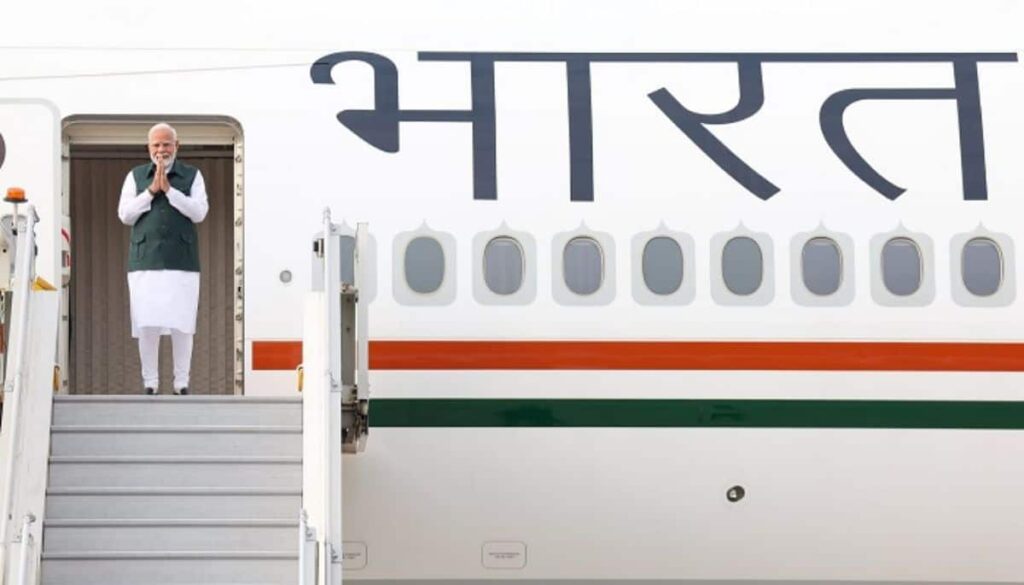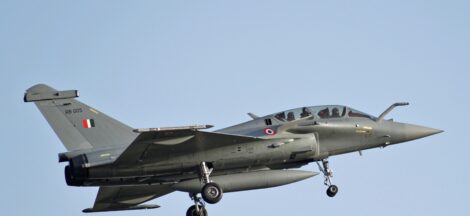Prime Minister Narendra Modi has embarked on a pivotal tour of Brunei and Singapore aimed at strengthening bilateral relations and enhancing strategic partnerships. The trip, which marks a significant move in India’s diplomatic outreach, is expected to focus on a range of economic, technological, and security collaborations between the nations.
Modi’s visit to Brunei underscores India’s commitment to deepening ties with Southeast Asia, a region of growing importance in global geopolitics. During his stay, Modi is set to engage with Sultan Hassanal Bolkiah, discussing key areas such as trade, investment, and technological cooperation. The meeting is anticipated to produce agreements that could expand India’s presence in the Bruneian market, particularly in sectors such as energy and infrastructure.
The agenda for the Singapore leg of the tour includes high-level discussions with Prime Minister Lee Hsien Loong and other senior officials. This visit is expected to build on existing collaborations in technology, finance, and defense. Both countries have been working to bolster their strategic partnership, with a focus on enhancing economic ties and joint ventures in areas like digital innovation and green technology.
India’s relationship with Singapore has grown steadily over the years, driven by mutual interests in trade and investment. Modi’s visit aims to cement these ties further, particularly in the wake of recent global economic shifts that have seen both nations seeking to diversify their economic relationships. The strategic partnership between India and Singapore is seen as a key element in the broader Indo-Pacific strategy, aimed at fostering stability and growth in the region.
In addition to economic and strategic discussions, Modi’s tour is also expected to address regional security issues. Both Brunei and Singapore have been important partners in regional security frameworks, and enhanced cooperation in this area will be a focus of the discussions. The visit aligns with India’s broader strategy of strengthening relationships with ASEAN member states and other key players in the Indo-Pacific region.
This diplomatic tour also reflects India’s increasing engagement with Southeast Asia, a region that has become a focal point of India’s foreign policy. By advancing partnerships with Brunei and Singapore, India is looking to reinforce its position as a key player in regional stability and economic growth.
As the tour progresses, the outcomes of Modi’s meetings with leaders in both nations will be closely watched for indications of how these strategic partnerships will evolve. The expected agreements and collaborative projects are anticipated to have a significant impact on India’s economic and strategic interests in the region.
Modi’s visit marks a continuation of India’s active diplomacy in Southeast Asia, aimed at leveraging regional partnerships to achieve broader geopolitical and economic objectives. The trip highlights India’s commitment to fostering strong, multifaceted relationships with key countries in the Indo-Pacific, underscoring the importance of these engagements in shaping the future of regional and global dynamics.




 Supreme Court Declines Petition for Socio-Economic Caste Census
Supreme Court Declines Petition for Socio-Economic Caste Census 